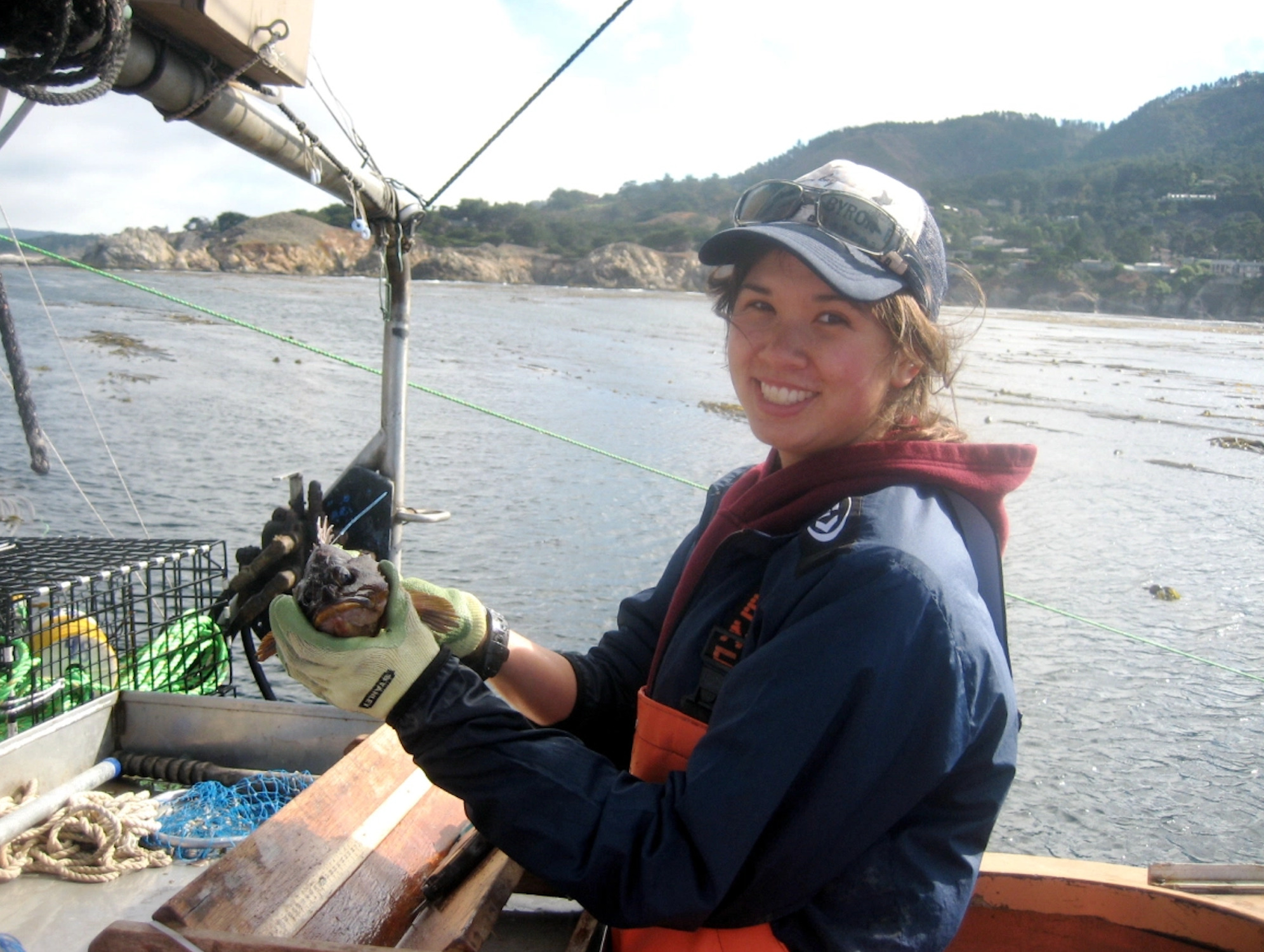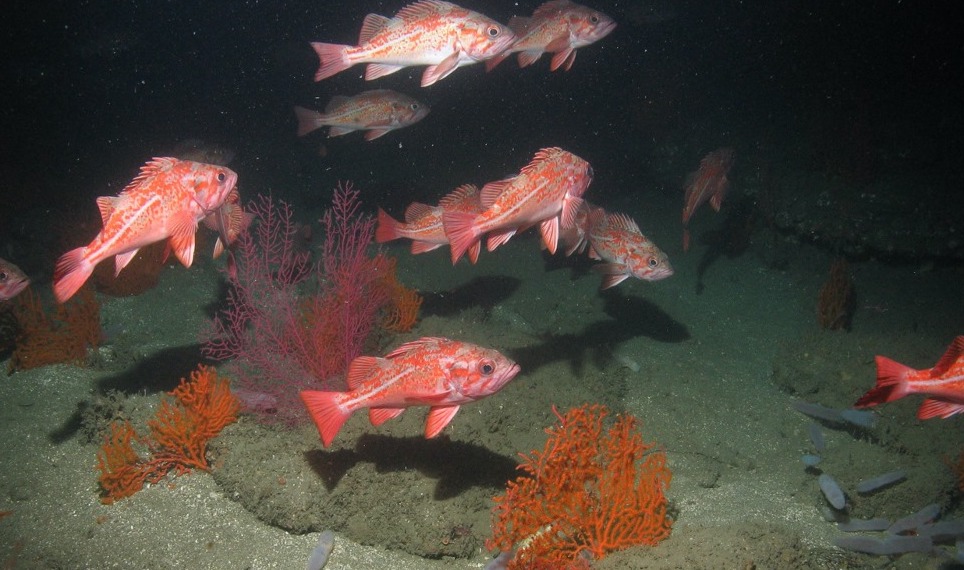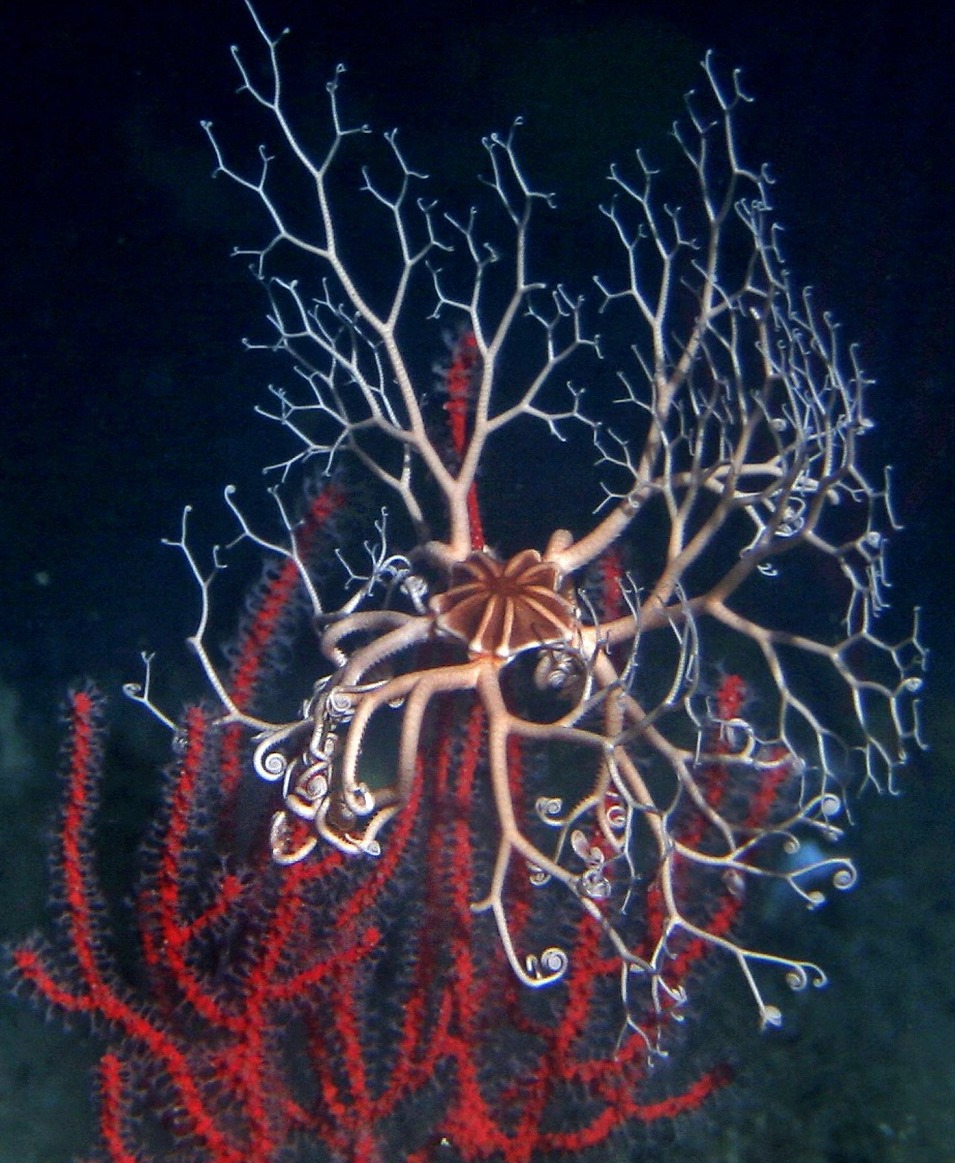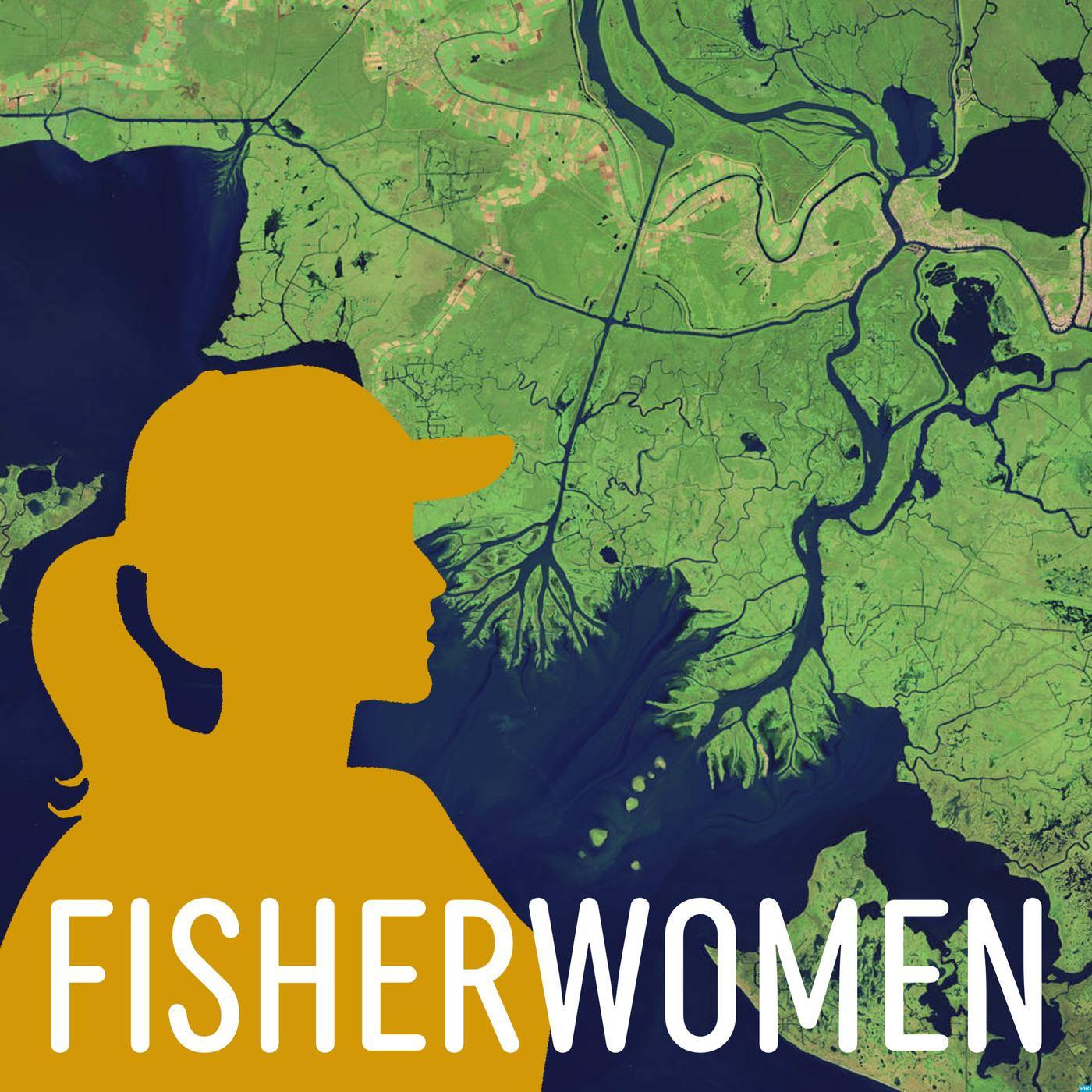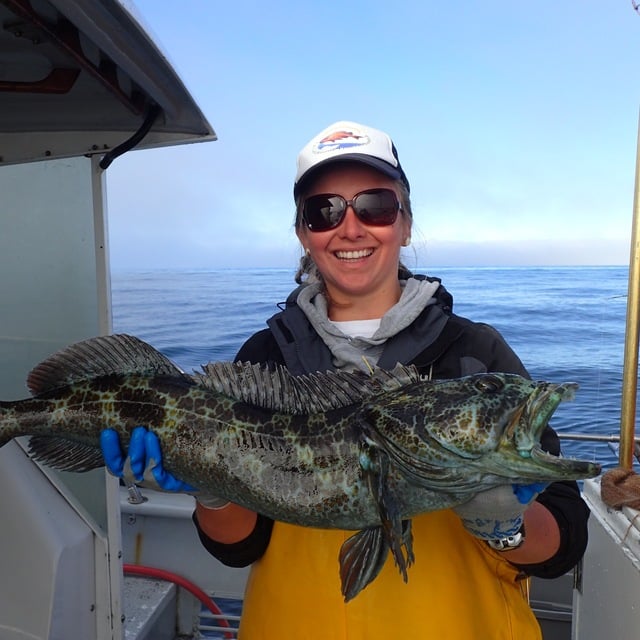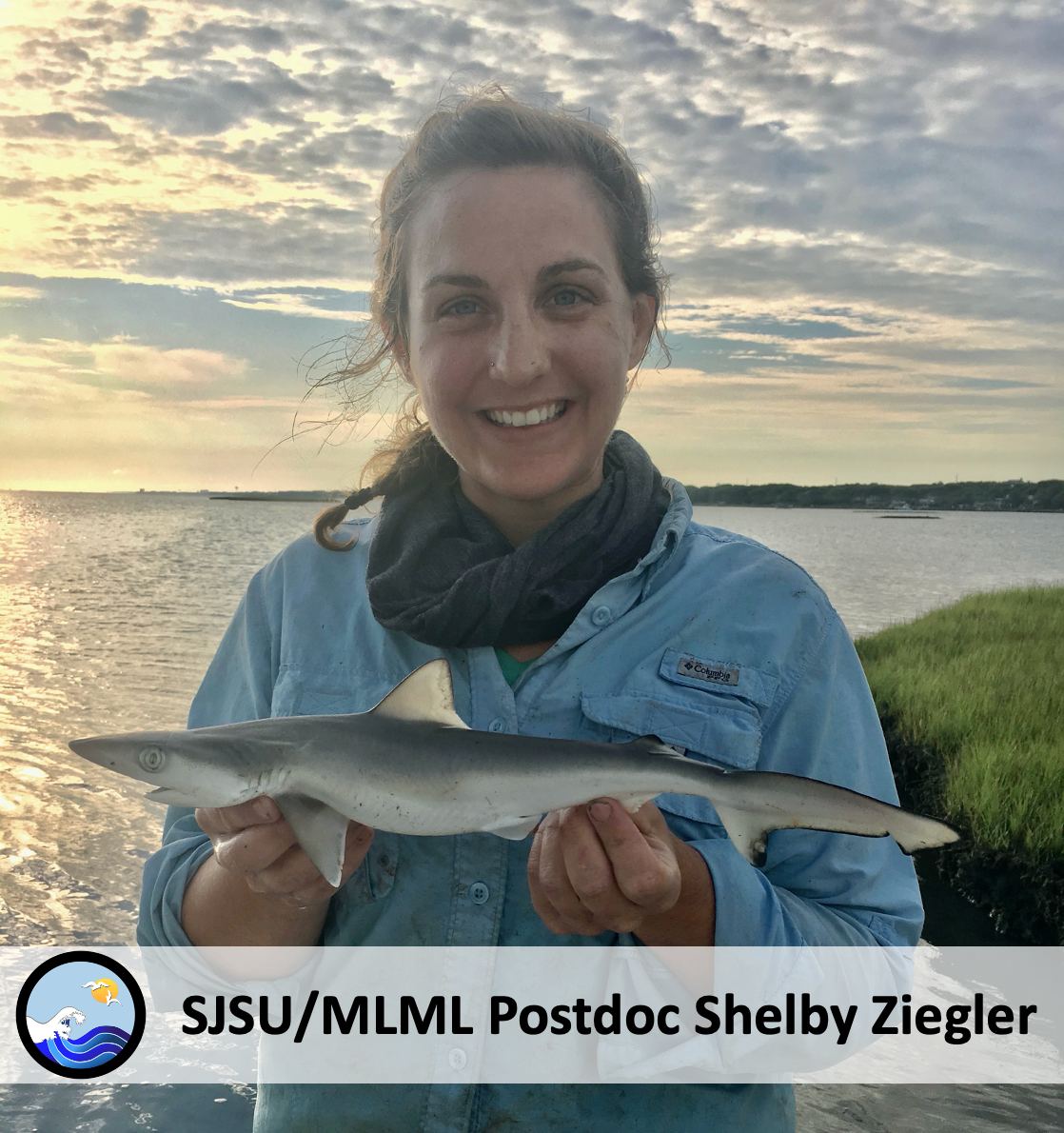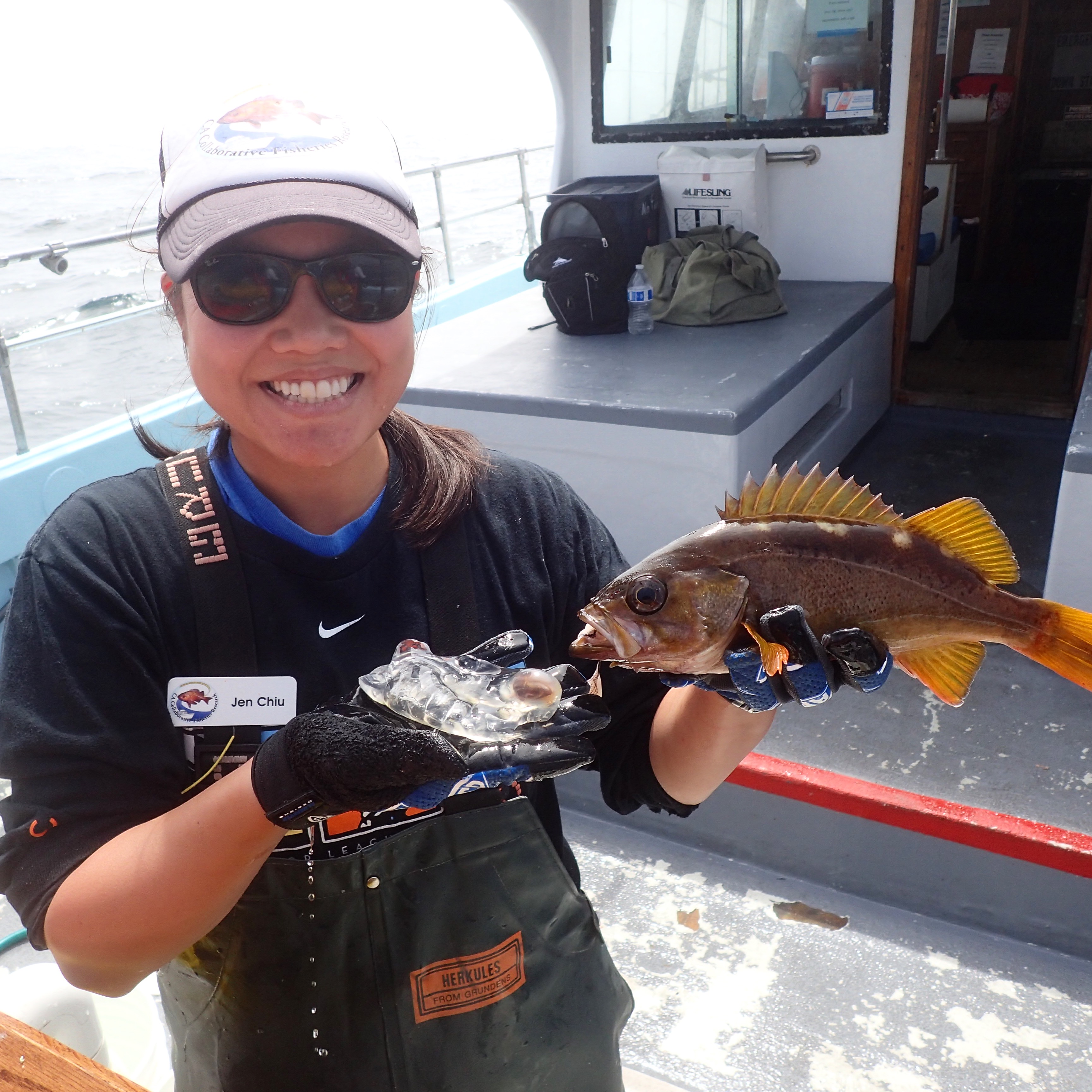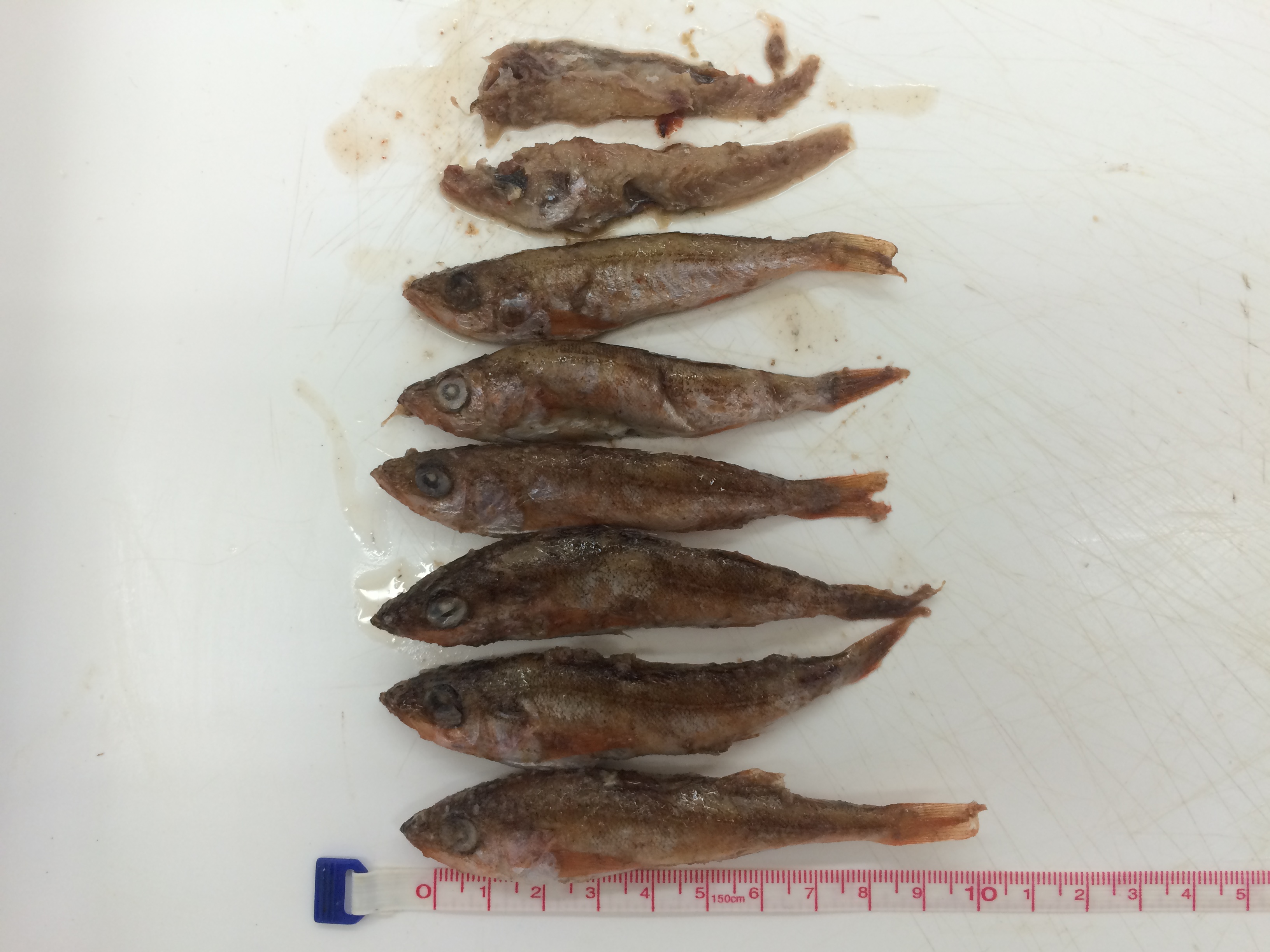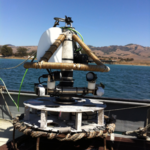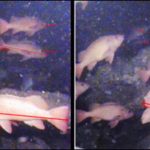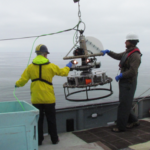Thesis Abstract:
Studies of fish diets can be used to improve the understanding of feeding habits, trophic distributions, and the predatory role of a species in an ecosystem. Identifying the spatial and temporal variability in the diets of fishes can provide useful information for stock assessments and fisheries management. Yellowtail Rockfish (Sebastes flavidus) are an important part of the U.S. west-coast commercial groundfish fishery, and abundant along the central California coast. The most recent studies of Yellowtail Rockfish diets occurred over 20 years ago and originated primarily from studies in Oregon and Washington. To provide more current information on trophic ecology from California, I examined the food habits of Yellowtail Rockfish collected near Cordell Bank, the Farallon Islands, and Half Moon Bay in 2013 and 2014 using gut content and stable isotope analyses. Yellowtail Rockfish analyzed in this study were semi-pelagic predators, feeding primarily on tunicates, crustaceans, and teleosts. Based on δ15N values, fish caught in 2013, on average, were feeding at lower trophic levels than those caught in 2014. δ13C values indicated that fish caught at the northern-most sites were feeding on more pelagic-influenced carbon sources, while those caught at the southern-most sites were feeding on more benthic-influenced carbon sources. Yellowtail Rockfish in central California can be described as opportunistic feeders because predation patterns were temporally localized, and diets consisted mostly of transitory prey sources. The Yellowtail Rockfish diet information presented in this study fills data gaps of a key life history component, and will be useful for future stock assessments.
